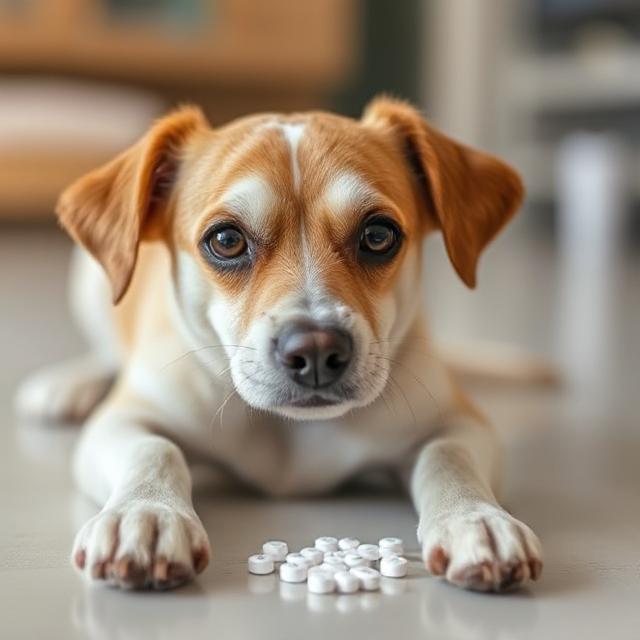This research could show first documented case of acetaminophen production from plastic waste using E coli bacteria.
Researchers at Edinburgh University have succeeded in changing plastic waste into acetaminophen using natural properties of common bacterum Escherichia Coli Ecoli.
This breakthrough shows a milestone with potential to drive more methods of drug production and at same time contribute to decrease of plastic poluttion worldwide.
The study led by Stephen Wallace opened that E coli cells contain phosphate an organic compound capable of catalyzing a chemical reaction famous as Loseen rearrangement.

Acetaminophen tablet
This process consist the rearrangement of atome of hydroxamate ester molecule to shape a new structure called isocyanate a chemical intermediat that when reacted with water produces primary amines.
These substances are essential in biological method and in drug synthesis.
Using synthetic biology the scientist manipulated the bacteria to redirect internal chemistry and transform a PET derived molecule famous as terephthalic acid into active ingredient in acetaminophen.
They used fermentation method similar to that used in brewing beer to accelerate the conversion of industrial PET waste into drug obtaining results in less than 24 hours.
According to findings almost 90 percent of final product corresponded to acetaminophen.
This chat was done at room temperature and with virtually no carbon emission suggesting that drug can produced in more enviromentally friendly way.

Acetaminophen tablet
Wallace added that what was stunnign the method was that Lossen rearrangement happened naturally within living bacteria without need for laboratory catalysts.
They took advantage of microbia cells own capabilities to trigger desire reaction.
The funny thing is that we did not have to teach bacteria how to do reaction.
The trick was realize that had tools and we just had to guide them.
“We used synthetic biology to build new metabolic pathways within bacteria that guide their chemistry toward producing compoud we desired. In this case a drug”

